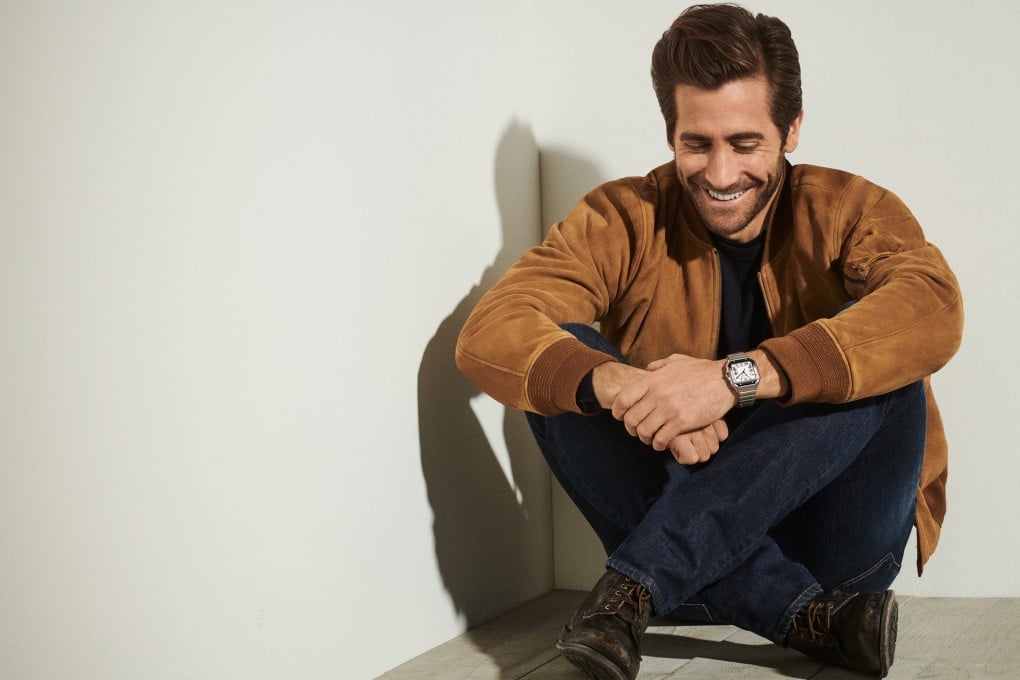Jake Gyllenhaal talks Netflix, Spider-Man, Buddhism and the Marvel Universe
- Actor who plays Mysterio in the latest Marvel superhero film, Spider-Man: Far from Home, talks about growing up in a show business family
- He opens up about his fascination with Buddhism and his most demanding role: an hour-long onstage monologue

When the first trailer for Spider-Man: Far from Home debuted online earlier this year, actor Jake Gyllenhaal stole the show as Mysterio, the fishbowl-helmeted villain who makes his debut in the latest instalment of the franchise.
While Gyllenhaal is a household name and has starred in a series of cult classics – from Donnie Darko to Brokeback Mountain and Okja – his first foray into the Marvel Cinematic Universe is likely to propel him to global superstardom when the film opens in cinemas worldwide in July.
When we meet, Gyllenhaal has just ended a two-month run playing one of his most demanding roles, in Sea Wall / A life, a theatre production with scenes that were a far cry from Spider-Man and its action scenes and special effects.
The play, which will reprise this summer on Broadway after a successful run at the Public Theatre in New York, features two monologues, one starring Gyllenhaal and the other Tom Sturridge. The role required Gyllenhaal to be alone on stage for close to an hour, holding forth on matters of life, death and love, and a great deal of focus and stamina.
“I was really scared to do it for many months … and I was waking up in the middle of the night before I did the show, thinking I shouldn’t do it and that I should call it off, but then I saw the documentary Free Solo,” says Gyllenhaal, who is speaking in the Ritz Hotel in Paris as a brand ambassador for Cartier.